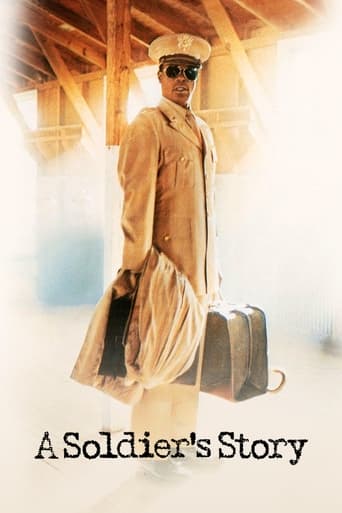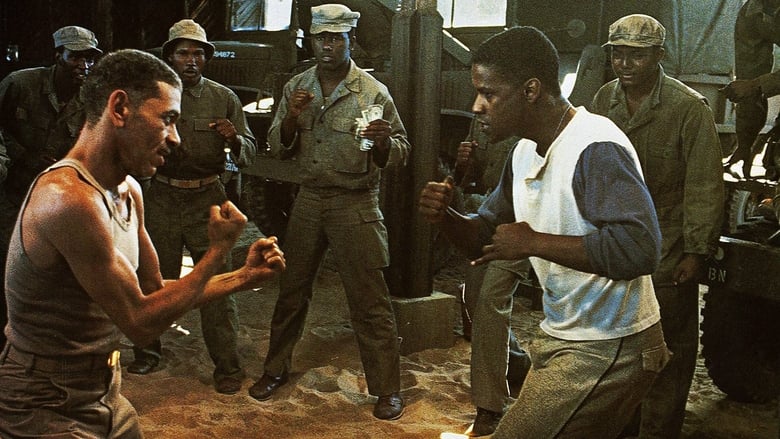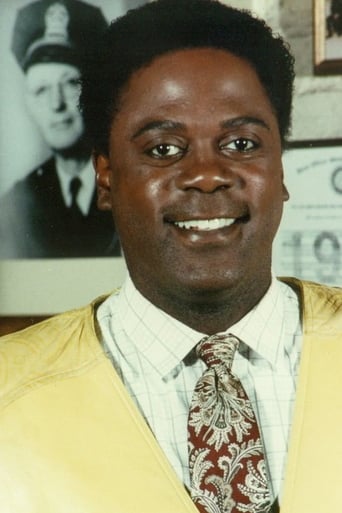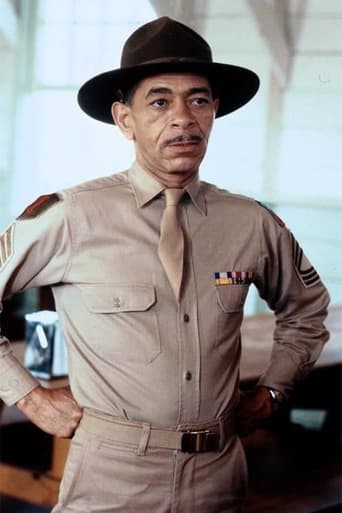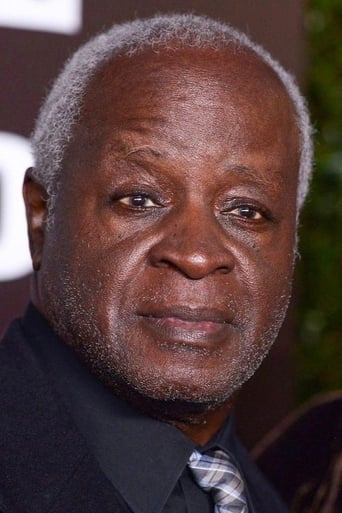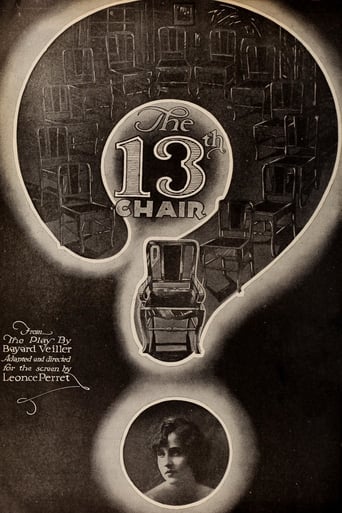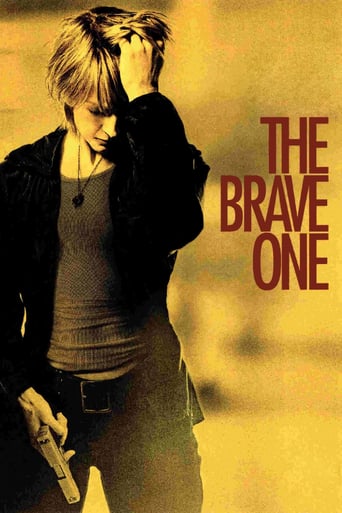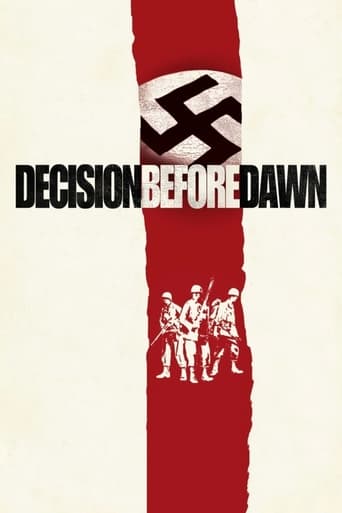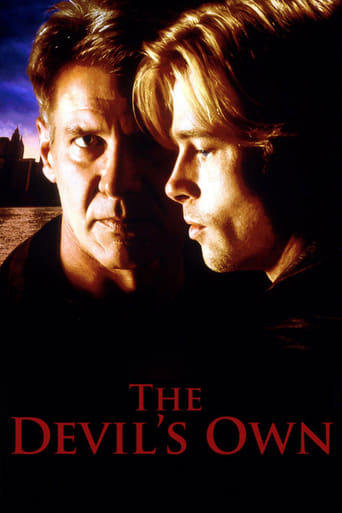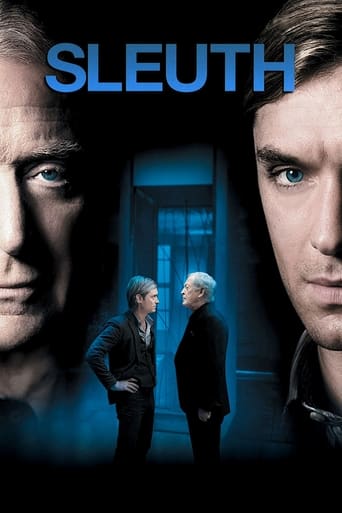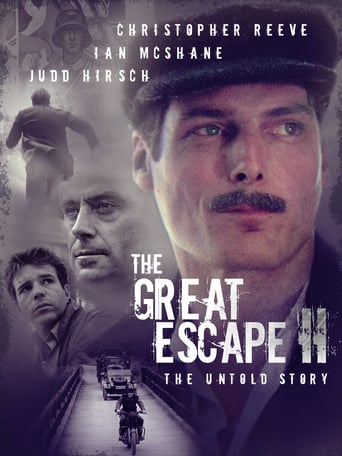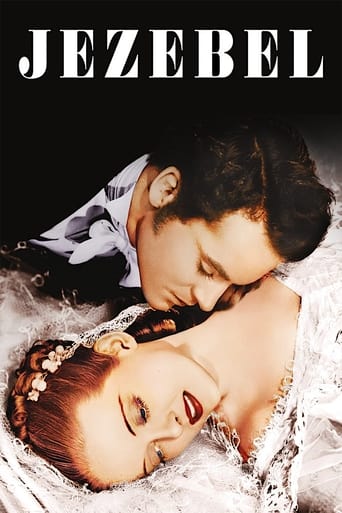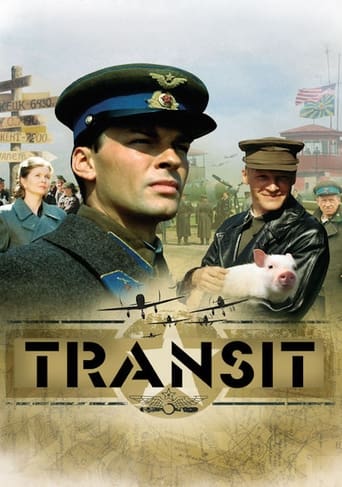A Soldier's Story (1984)
In a rural town in Louisiana, a black Master Sergeant is found shot to death just outside the local Army Base. Military lawyer, Captain Davenport—also a black man—is sent from Washington to conduct an investigation. Facing an uncooperative chain of command and fearful black troops, Davenport must battle with deceit and prejudice in order to find out exactly who really did kill the Master Sergeant.
Watch Trailer
Cast


Similar titles
Reviews
***SPOILER ALERT*** Drinking himself into a drunken stupor US Army Sgt. Waters, Adolph Caesar, staggered out of Big Mary's Place and was later found by the Tynin Bridge beaten and shot to death.With Sgt. Waters being black it was immediately suspected that he was murdered by either members of the KKK or local townspeople who, in the deep south in 1944, didn't take too kindly in blacks, even servicemen, being in their town. There was also the fear that the black soldiers, from an all black army garrison, stationed outside of Tynin would take matters in their own hands in revenge of their fellow black Sgt. Waters being murdered by, as suspected, some of Tynin's racist citizens.Sending a US Army black officer to investigate the Waters murder was thought, by the Pentagon, to be the best way to defuse this very dangerous and explosive situation. As things turned out it was, the Waters murder, far more shocking as well as racist then anyone could have imagined! With the racism being instigated my the murder victim himself the late Sgt. Waters!Powerhouse movie that has black US Army Captain Davenport, Howard E. Rolins Jr, go against type in what his white superior officers expected him to do, white wash his investigation, and get to the meat of the matter in Sgt. Waters' murder. As he uncovered the circumstance's that lead to Waters murder Capt. Davenport became to realize that it was his actions towards the black troops that he commanded, not that of local white racists, that lead to his ignoble demise.As Capt. Davenport found out there was very bitter hatred towards the black troops stationed outside of Tynin but it was Sgt. Waters own racism, towards some of his men, that eventually lead to his murder. Being a spit & polish as well as educated career man Sgt. Waters look down on some his fellow blacks in them dragging top notch soldiers like himself down.****SPOILERS FROM THIS POINT ON*** Using his #1 suck up Pvt. Wilkie, Art Evens, to do his dirty work Sgt. Waters framed Pvt.C.J Memphis, Larry Riley, in a triple murder on the army base. Knowing that the charge wouldn't stick, were not even sure if anyone was murdered in the first place, Waters then getting C.J to take a swing at him, knocking Waters flat on his butt, was a charge-striking a superior officer-which did.With the good natured C.J now locked up in the stockade a vengeful and sadistic Waters paid him a visit telling C.J that he's to do at least five years for belting him. This lead to a despondent and terrified, in being behind bars, C.J into hanging himself the following evening! It was the unexpected suicide of C.J that lead Sgt. Waters to go on a drinking binge that lead to him ending up murdered! The big question in Capt. Davenport's mind is who among the black troops on the base murdered him!More then anything else the movie "A Soldier's Story" shows that racism comes in all shapes sizes as well as colors. The bitter racism that Sgt. Waters had for poor C.J Memphis was far more vicious then the racism that the local whites had for him or any other black for that matter. Just because C.J was good natured and didn't have a chip on his shoulder like the infuriated Sgt. Waters did lead to Waters framing him for a number of murders that C.J didn't commit. The chip that Sgt. Waters carried all his adult life was that he couldn't accept the fact that he was black and thus put down by the society that he grew up in. And it was that sick and dangerous distortion of reality that lead not only to Sgt. Waters feelings of insecurity but the racism that he developed over the years against his own, like in the case of C.J Memphis, people! And in the end it was Sgt. Waters' own men whom he commanded that made him pay for it!
A murder of a black sergeant on a post in Louisiana in the spring of 1944 threatens blow up into a racially charged situation. A natural assumption is that the Ku Klux Klan would have seen a black man with stripes signifying authority and considered him a target. There were in fact race riots during World War II a fact the War Department considers in assigning one of the few black officers in the army, Howard Rollins to go to the post and investigate.The late sergeant played by Adolph Caesar is a controversial man who no one is neutral about. In fact as Rollins probes a few people tell different stories and contradict themselves, giving different views about what kind of a guy Caesar was in life.The film was directed by Norman Jewison and A Soldier's Story doesn't have one bit of wasted film footage or one bad performance out of his ensemble cast. Jewison got an Academy Award for directing In The Heat Of The Night also about a murder in the deep south that a black homicide detective gets corralled into helping the investigation.Actually there is one element of the plot that is exactly the same as In The Heat Of The Night. Sidney Poitier as Virgil Tibbs driven by his own attitudes and the way he's been treated in the town of Sparta, Mississippi originally pursues one line of investigation. Later on however he gets on track and finds the real culprit. The exact same thing happens in A Soldier's Story. Ironically enough Howard Rollins also got to play Virgil Tibbs in the television series adapted from In The Heat Of The Night.Two favorites in the supporting cast are a young Denzel Washington as one of the platoon soldiers and Art Evans as an older guy in the platoon who's been a non-commissioned officer before and is craftily kissing up to the right people to get those stripes back. The whole platoon is a cross section of male black America circa 1944.That in itself is what makes A Soldier's Story a great film. It's a murder mystery, a sociological study of racism external and internal, and a well acted drama that can be viewed many times with something new learned with every viewing.
In 1981 Howard Rollins' role as Coalhouse Walker, Jr. in the Depression Era drama, "Ragtime", probably paved the way for him to become a first rate black actor in Hollywood. However, it was his role as Capt. Davenport in 1984's "A Soldier's Story" that solidified that thought. Anyone who has seen 1967's "In the Heat of the Night", starring the one and only Sidney Potier, would certainly draw comparisons to the two performances. Rollins' performance is simply marvelous. As a World War II army officer, he is sent by his superiors to a base in a racially divided southern town to investigate the murder of a platoon sergeant under mysterious circumstances. Adolph Caesar's performance as Sgt. Waters(the victim in question), a veteran soldier(who happens to be black)who wreaks with animosity towards his own race is riveting. Although slightly built, his domineering persona, bigoted conviction, and ornery demeanor are imposing to say the least. Denzel Washington,(in one of his early roles) as Pfc. Peterson, is his usual conspicuous self. Wings Hauser, as Lt. Byrd,is perfect as a racist army officer who is a prime suspect in the case. Although most people who haven't seen "A Soldiers Story" will undoubtedly be shocked by its conclusion, it is the perfect ending to a movie that depicts how people are not only preyed upon by other races but also by corrupted descendants of its own lineage. As for Howard Rollins becoming the next Sidney Potier, his downfall and untimely death are well documented. However, the torch was obviously passed on to another actor featured in the film, Mr. Denzel Washington, who, like Sir Sidney Potier, is now considered one of the greatest actors of all time, black or otherwise.
Colonel Nivens: "The worst thing you can do, in this part of the country, is pay too much attention to the death of a Negro under mysterious circumstances." If "A Soldier's Story" had kept itself to this level, it probably would have done better at the box office, been considered more "daring" and "controversial" and been talked about as "a landmark film". It also probably would have been trendy, clichéd, one dimensional, and, of course, at least partially false. If you don't see something in its entirety, it's very easy to misunderstand it. For centuries people looked at the land around them and concluded the world was flat. A clear example of how the vast majority "sees" something that is irrefutable, yet in reality it is a lowest common denominator myth based in ignorance. "A Soldier's Story" is a much better film than to rely on such one or even two dimensional near-sightedness. The story and characters are motivated by life-like emotions and thoughts, so it is honest, meaningful and, not surprisingly, overlooked as one of the finest films to cover the subject of racism.It would be very convenient, and the solution for racism would be very easy, if all the blame for it could be attributed to a specific group of people from a specific area of a country; in this case the opening quote above refers to the whites who lived in and mostly controlled the southern United States during the 1940s. If the white people in the south were the entire cause of racism for black Americans then jailing, executing or somehow making them stop their terrible practices would be the simple solution for the blacks to live "happily ever after". But real adults know "happily ever after" only exists as a sweet, neat and tidy way to finish children's stories. Sometimes, however, even real adults can forget that the causes and therefore the solution to racism is not as simple, neat and convenient as we like to think and tell each other during our semi-thoughtful moods. For a start, like so many other undesirable things in societies and life, racism is so pervasive and entrenched that it becomes invisible even though it is constantly in our field of vision. A good example is when one of the black soldiers said "Sir, they lynched Jefferson the week I got here and two weeks after that-" and he doesn't finish the statement as he is interrupted by his C.O. The subject of his sentence, a previous racial murder, is dismissed as irrelevant to the current murder of that day. It is used as a "throw away line", something the characters and most of the audience quickly dismiss, for a variety of reasons, but mostly because underlying its dismissal is "Yeah, they lynched blacks back then with a regular frequency and your point is...?" Just as tragically, the attitude with which the character delivering the line is somewhat dismissive, or more correctly, defeatist, as in "Yeah, and what can we do about it? We're the ones being lynched and we ain't got the power. Just another one of us murdered." All of this is conveyed effectively by its brevity and casualness, just as it, sadly, is in real life. Not even a sub-plot, just a minor bit of story and character foundation, a throw-away line. That's the nature of something that is pervasive and entrenched, the majority believing the half truths or outright lies used to justify the actions more than the actions themselves; and the majority must be complicit in pervasive, institutional racism or it would not exist. Another thing real adults know is that black and white, in the human world, are concepts, ideas, there are no men who are all black, just as there are no men that are all white. Most men (and women) are gray, varying shades of black and white, just as probably no men are all good or all evil. And in and among these shades of gray is self-loathing and all types of racism, including racism with members of your own race. I think Groucho Marx was speaking for the common man when he said "I would not want to belong to any club that would have someone like me for a member." There is a great deal of detail in the many trees within this film but it is easy to miss much of it, partially because you're involved with the story (forest) and also because the subject is painful, pervasive and ignored as much as possible, even in the relatively safe confines of a movie. A really excellent film, like any form of art, will make you be more aware of reality, something we constantly obscure with our personal and social delusions. Another reason the depth of this movie can be missed is the presentation of the story. It is presented like a Hollywood film, in a formulaic-style package, which betrays the content. The presentation is a little slick but the subject, story and details are not, which is written by Charles Fuller, who also did the original play for which he won a deserved Pulitzer Prize. Not to disparage Norman Jewison at all, a man who has directed a number of great masterpieces, including the masterfully presented "In the Heat of the Night", which did not share quite the same intricate details of racism as this offering does. Perhaps this is just an example of how as wonderful as the movie medium can occasionally be it may lack in intellectual presentation when compared to the play or novel. Regardless, for what it offers, including outstanding performances all around, including the late but greats Adolph Caesar, Larry Riley, and, of course, Howard E. Rollins Jr., it doesn't get much better than "A Soldier's Story", a movie I recommend for multiple viewings to afford yourself the opportunity to see the pervasive racism within your world and self a little more clearly.

